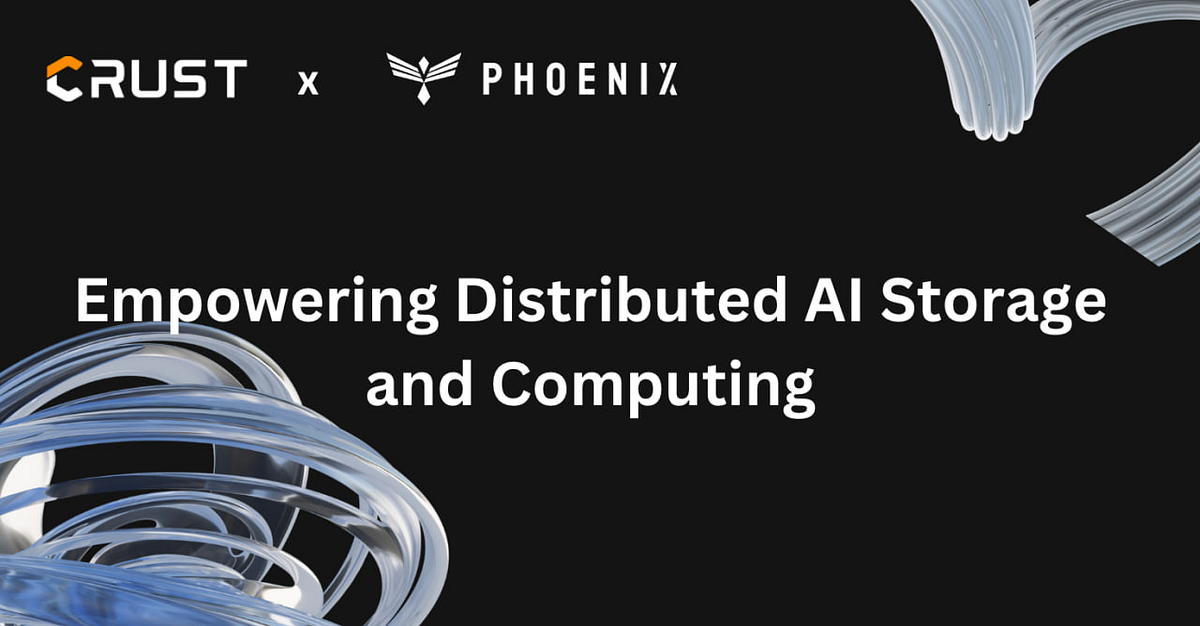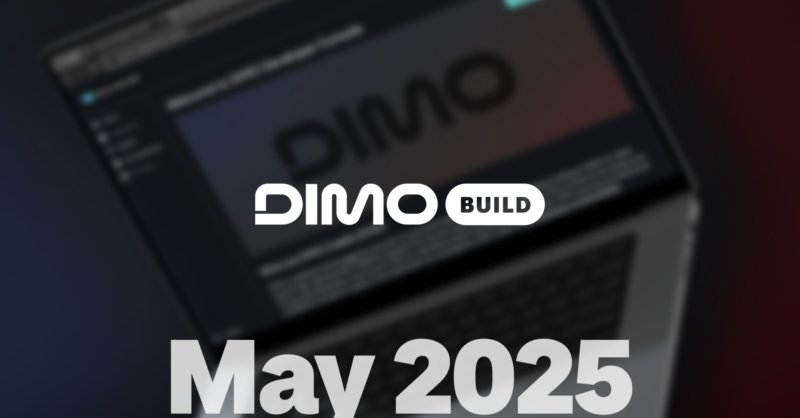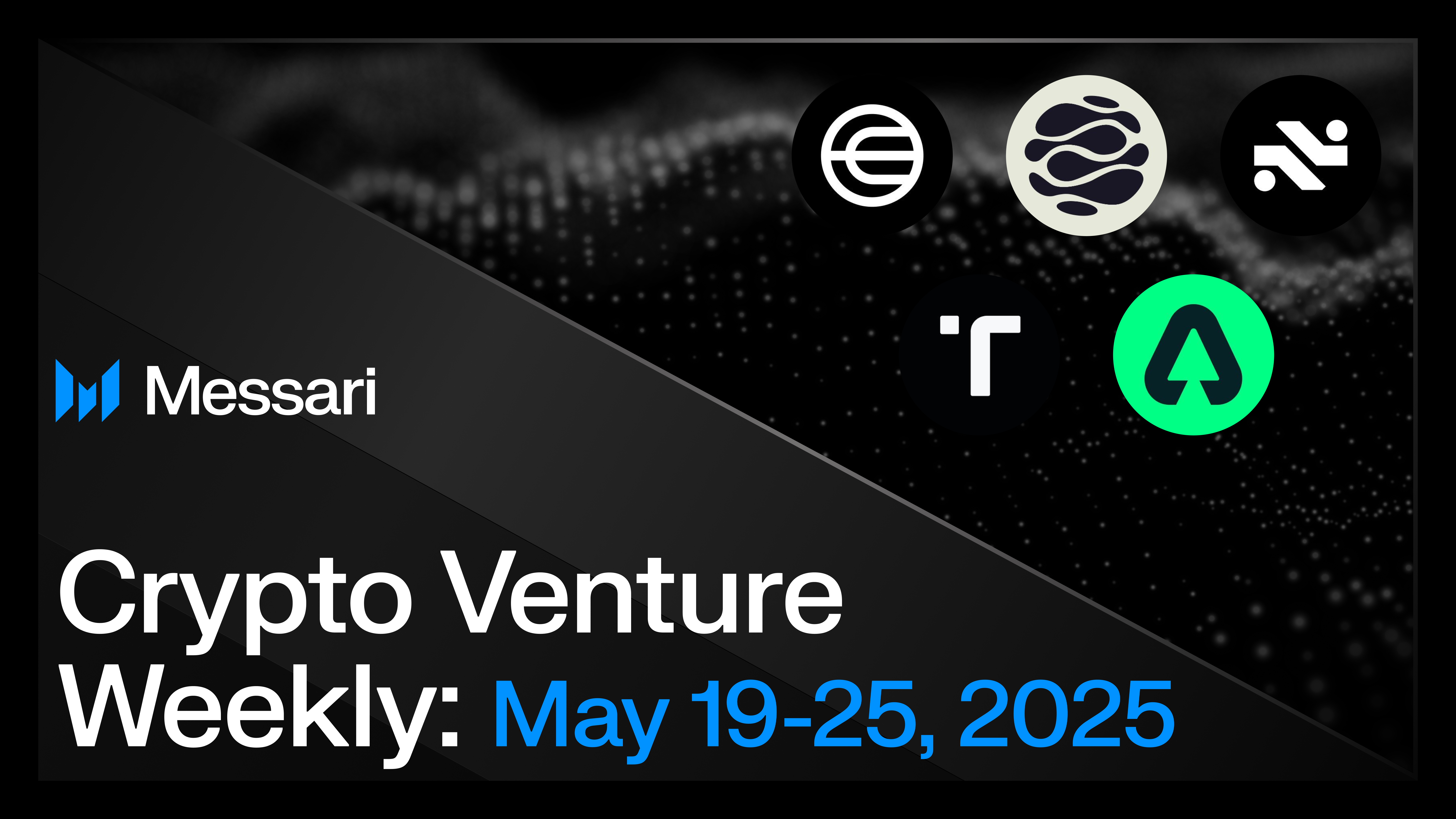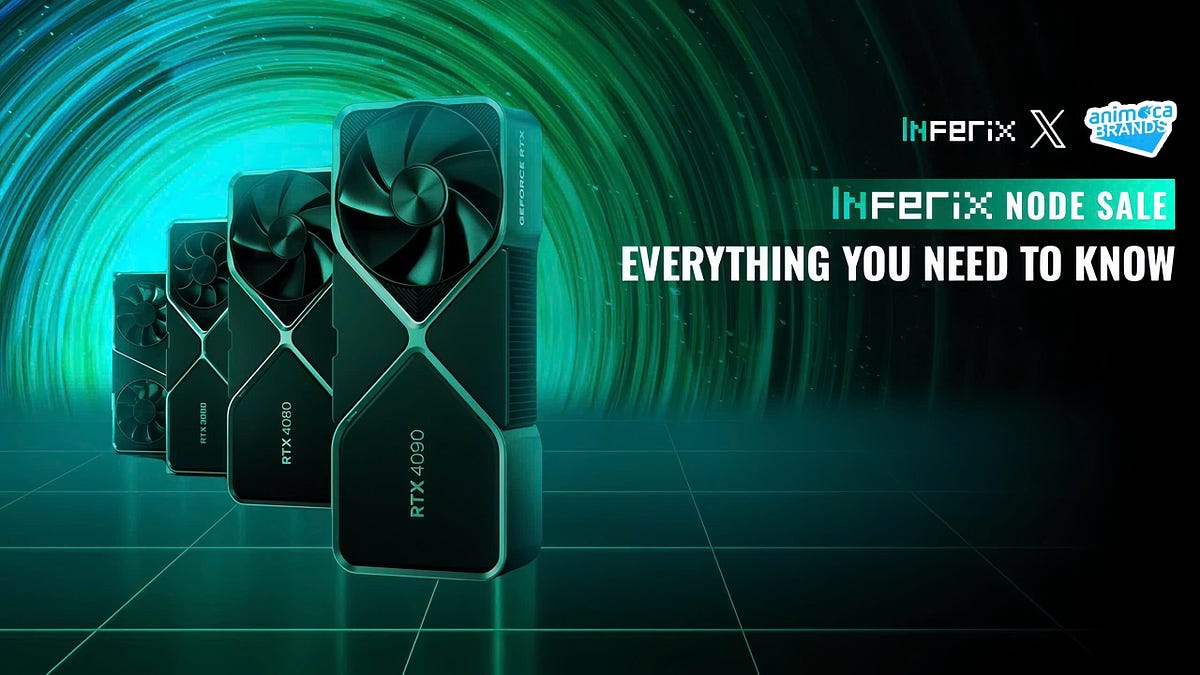Crust Network Partners with Phoenix AI to Enhance Decentralized Storage for AI Applications

The rapid evolution of artificial intelligence (AI) technologies, particularly in the realm of large language models (LLMs) and AI-generated content, necessitates a corresponding advancement in decentralized storage and computing infrastructures. Recognizing this critical need, Crust Network has announced its partnership with the Phoenix AI Ecosystem as the first decentralized physical infrastructure network (DePIN) storage-focused partner. This collaboration aims to enhance the capabilities of decentralized storage, which is essential for supporting the data requirements of AI applications, thereby fostering a more robust DePIN infrastructure.
Crust Network operates as a layer 1 blockchain built on substrate, incentivizing the creation and utilization of storage orders and nodes on the InterPlanetary File System (IPFS). With over 1,000 global nodes and a total storage capacity exceeding 700 petabytes, Crust has established itself as a leading decentralized cloud storage solution. The partnership with Phoenix AI will provide Crust with access to idle compute resources through Phoenix’s SkyNet AI Node Network and SkyNet Elastic Compute. This integration not only expands Crust’s ecosystem beyond storage nodes but also enhances its ability to support AI-driven workloads, thereby accelerating the growth of DePIN infrastructure.
In addition to accessing compute resources, Crust Network will offer enhanced AI storage solutions by integrating with SkyNet. This partnership provides an alternative decentralized storage option alongside Filecoin for Phoenix AI’s models and datasets, granting AI developers greater flexibility and resilience in managing critical data. Phoenix AI itself is a decentralized elastic compute infrastructure designed for the seamless training and deployment of next-generation AI applications. Through this strategic alliance, Crust Network and Phoenix AI are poised to redefine the landscape of AI infrastructure, ensuring that storage and computing capabilities evolve in tandem with technological advancements.
Related News





